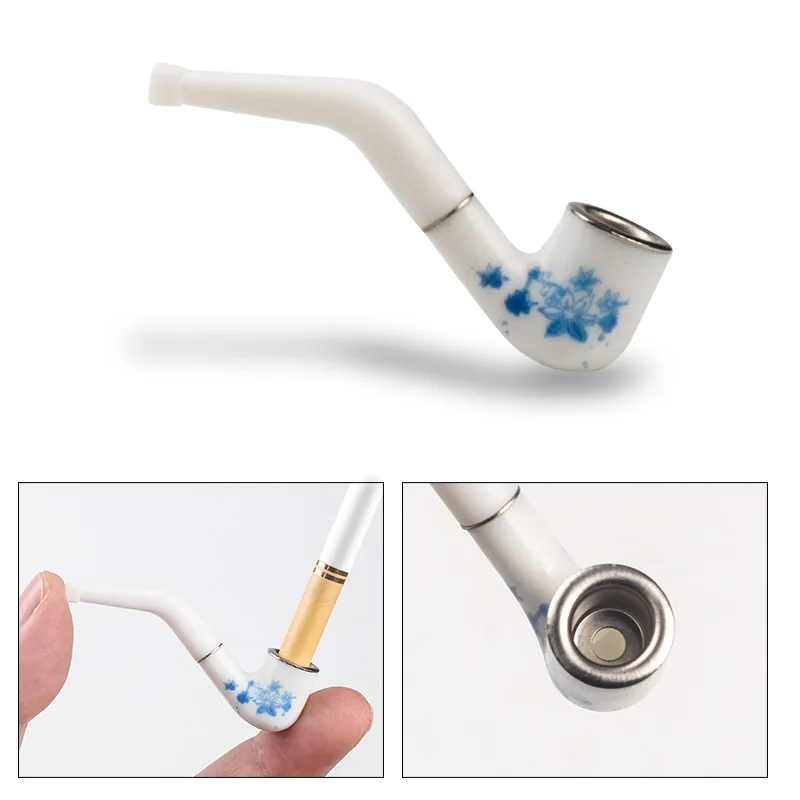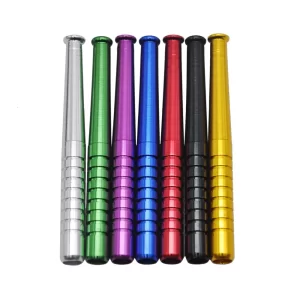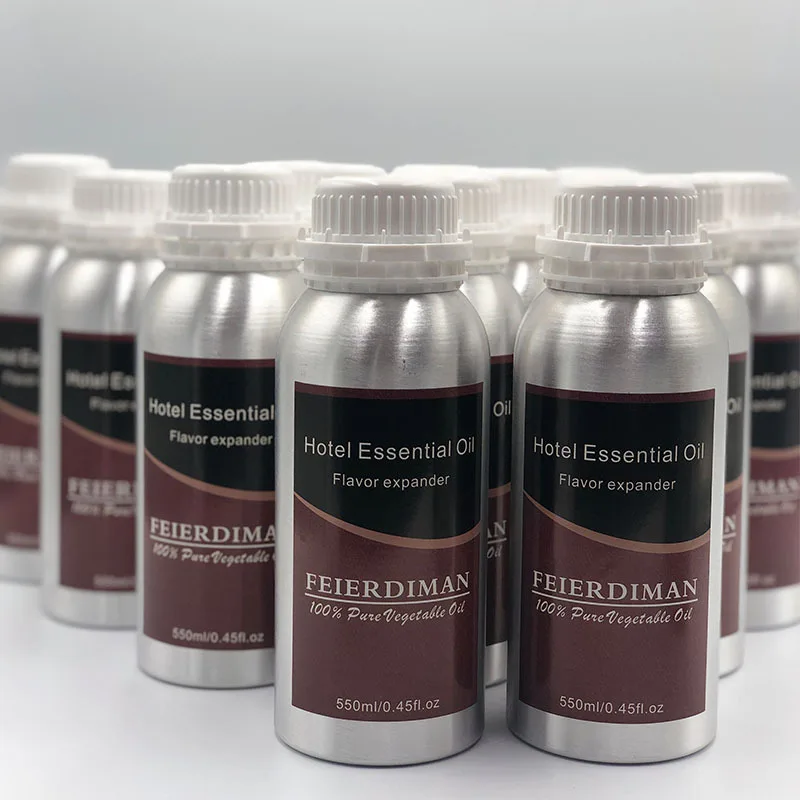An Arizona law enforcement board has further relaxed its marijuana restrictions for police recruits, shortening the period for which applicants have to abstain from cannabis use before being eligible for hire.
The move, by the Arizona Peace Officer Standards and Training Board (AZPOST), “reduces from two years to six months the look-back period for pre-employment marijuana use,” according to a notice of final rulemaking published late last month in the state register.
The hiring rules bar police recruits who “illegally possessed or used marijuana” within that window, as well as anyone who illegally possessed or used marijuana while serving as a peace officer.
Shortening the look-back period from two years to six months builds on the board’s change five years ago that reduced the window from three years down to two.
“As you can imagine, society has changed,” the board’s executive director said at the time. “Society’s view on the use of illegal drugs has changed, so we thought it was really important to take a look at that and make some changes.”
Ahead of the earlier change, applicants were also automatically rejected if they’d used cannabis more than 20 times in their lifetime or more than four times after the age of 21. Neither of those restrictions still applies.
In 2019, meanwhile, the board clarified that officers could use CBD products without fear of losing their jobs.
Last month in Arizona, meanwhile, lawmakers approved two different bills focused on psychedelic therapy. The Senate passed a bill to create an advisory board tasked with studying the science of psilocybin, as well as state and federal policies surrounding the psychedelic, while the House separately approved a measure to fund clinical trials on ibogaine.
Former U.S. Sen. Kyrsten Sinema (I-AZ)—who also championed psychedelics reform while serving in Congress—called on the state legislature to pass the legislation, while pledging to personally raise $5 million in philanthropic donations to support the psychedelic research if it’s is ultimately enacted.
Patients Are Largely ‘Comfortable’ With Their Doctors Using Marijuana Outside Of Work, Study Shows




























